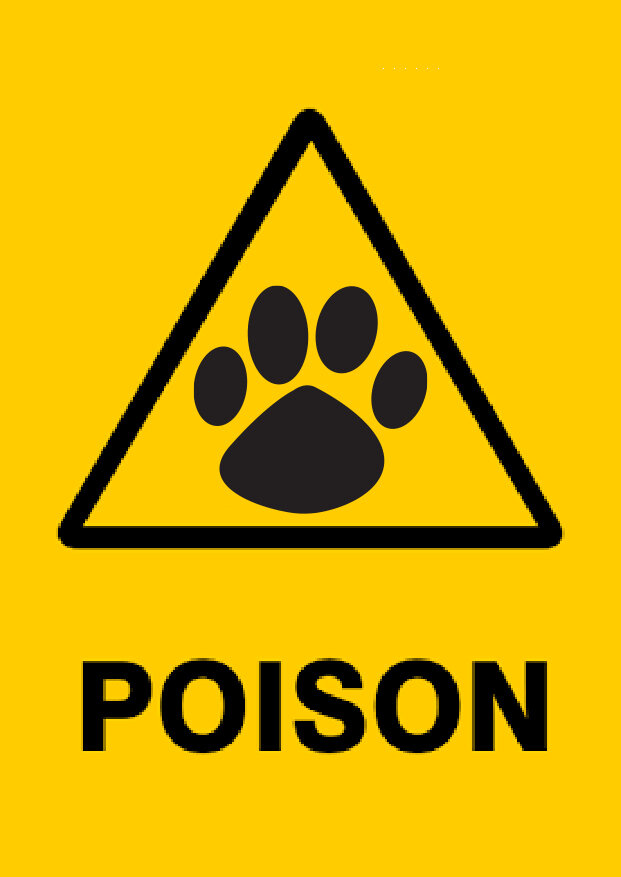Is rat bait poisonous?
As the cooler weather of winter arrives and rats and mice take the opportunity to avail themselves of our sheds and heated homes, as veterinarians, we annually see an increase in poisoning of pets by the baits laid to manage the unwanted visitors.
YES it is very poisonous!
The modern rat poisons are much more toxic to dogs (and rats & mice of course) than the old warfarin-based chemical poisons. They still work as an anti-coagulant (they stop blood from clotting so that the animal dies of internal bleeding) but the modern baits are much more potent. The amount of bait required to poison your dog is small and the amount of antidote required to treat it is much higher. Cats can be poisoned too if they eat any bait, and second-hand toxicity from eating poisoned vermin is rare but does occur.
What do I do?
Consider using traps instead. Alternatively, really good pet-proof bait stations are now available from hardware stores. These can be fixed to your rafters and contain the baits inside so that rats do not remove the entire ball of bait and then drop it where your pet can access it.
Keep the packet of bait in a high, secure cupboard. Many of the poisonings we see result from dogs getting into the packet when it has been left within reach, or has fallen off a shelf.
If you know your dog has eaten rat bait, get to your vet immediately! If it has been recently ingested, drugs can be given to make your dog vomit it up. Then your vet will decide, based on the likelihood that some of the bait will have been absorbed into the bloodstream, whether a blood test 72 hours later (to confirm normal clotting times), or a 3-4-week course of antidote is the best choice. The PT blood test is done on-site at RVC on our IDEXX machine, with the result within an hour.
If the bait was ingested too long ago to prevent absorption, or your dog is already bleeding because of the poison, treatment with Vitamin K1 (by injection and then orally) will be started right away and continued for 3-4 weeks. A blood test 48-72 hours after the last dose confirms that we have treated for long enough.
Severely affected dogs and cats sometimes require life-saving blood transfusion and hospital care.
PREVENTION IS WAY BETTER THAN CURE WHEN IT COMES TO POISONS


